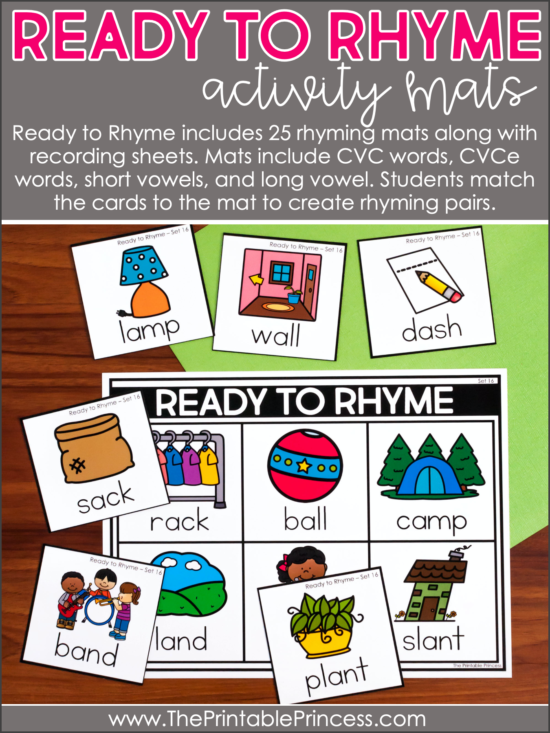

Keep a checklist of high-frequency words. They may practice individual words or write high-frequency word sentences such as 'I like to _,' or 'We go by the _.' Allow students to write the words as often as possible. It may be beneficial to present words in phonetic groups (this, that, they, the, those, there big, but, by, best, both, etc.). Introduce words in small groups of six to eight words or fewer per week. Xiphias: A type of Swordfish Xiphodon: A camel-like creature which is now extinct. Each day, students can chant or cheer the high-frequency words posted on the wall. Here are some fun X words for kids, which they can try using in class: Xenops: A type of bird. Add new words to the wall as they are introduced. Create a word wall of high-frequency words. Since students can keep and use their own copies of the books, they can circle or underline the high-frequency words as they encounter them in the text. Reading A-Z's High-Frequency Word Books, Decodables, or Leveled Books with patterned text will provide students with exposure to these words. Almost all text contains these words, but the most rewarding reading will come from books students can read easily. Make sure students read text containing high-frequency words every day. Follow these tips for successful high-frequency word instruction. Use the High-Frequency Word Strategy Bank for additional strategies to help students learn these words. Bingo cards and flash cards are tools that can be used to provide additional practice. You probably noted that a couple of these words can either stand alone, such as “script” and “cede,” or serve as the building block to longer, fuller words.High-frequency word books provide opportunities for students to read these words in context. vis, vid - to see (envision, evident, vision). script - to write (manuscript, postscript, scripture). pater - father (paternal, paternity, patriarch). omni - all (omnipotent, omnipresent, omnivore). mal - bad (malignant, malfunction, malice). magni - big or great (magnificent, magnify, magnitude). ject - to throw (reject, eject, inject). intra - within or into (intrapersonal, intramural, intravenous). hypno - sleep (hypnosis, hypnotic, hypnotism). equi - equal (equity, equilateral, equidistant). X WORD LIST SKIN
derm - skin (dermatitis, dermatology, epidermis).dem - people (democracy, democrat, demographic).counter - against or opposite (counteract, counterpoint, counterargument).cede - to go or yield (intercede, recede, concede).cardio - heart (cardiovascular, electrocardiogram, cardiology).ambul - to move or walk (ambulance, ambulate).Here are more examples of roots, their meanings and other words that are formed by adding prefixes and/or suffixes to these language building blocks. Whether talking with friends or reading a book, you're constantly bombarded with root words. For more examples, explore these Greek and Latin word roots. You could argue that roots like “sent” and “sect” can also stand alone as English words, but they have different meanings in that case.

vor - to eat (herbivore, omnivore, voracious).tele - far (telephone, telegraph, television).sent - to feel (consent, sensation, sensing).sect - cut apart (dissect, sectional, transect).port - carry (portal, portable, transport).multi - many (multilingual, multiple, multifaceted).micro - small (microbiology, microcosm, microscope).lum - light (lumen, luminary, luminous).gen - birth (genesis, genetics, generate).fac - to do (factory, faculty, faction).cred - believe (credible, credence, incredible).corp - body (corporal, corporate, corpse).carn - flesh (carnal, carnivorous, reincarnate).bene - good (benefactor, benevolent, beneficial).auto - self (autonomy, autocrat, automatic).astro - star (astronaut, astronomy, astrophysics).acri - bitter (acrid, acrimony, acridity).Review the list, as well as a few examples of English words that are based on these roots. You’ll find that the roots listed are from Greek or Latin and can't stand alone in English they need something joined to them to make a whole word in English. Since much of the English language is derived from Latin and Greek, there may be times when the root of a word isn’t immediately recognizable because of its origin.






 0 kommentar(er)
0 kommentar(er)
